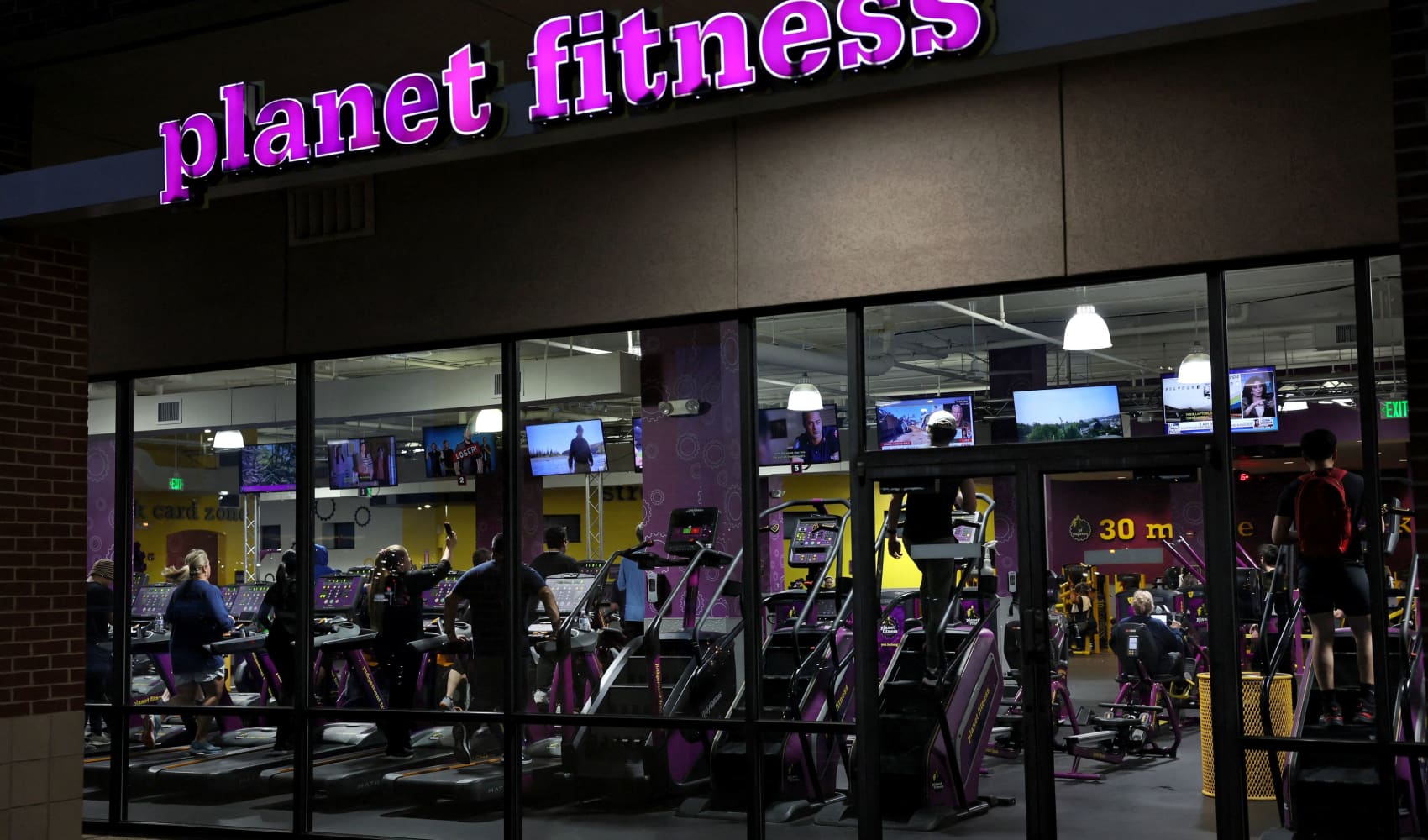
In early December, I called my apartment building's management company and asked to keep my rent at the same rate when I renewed my lease in February. I was told no pretty flatly.
I moved into my apartment in 2021, and the landlord has increased my rent every year when I renew the lease. This year, I had the confidence to counteroffer when I received my lease renewal, which stated a roughly $52 monthly rent increase.
I live in New York City's Manhattan borough, which is one of the most expensive areas in the U.S. to rent an apartment. Though experts say you should come to a rental negotiation armed with data to prove your rent shouldn't go up, I didn't have that. Rents had, in fact, increased, and not just in Manhattan, but in my neighborhood over the last year. That gave my landlord the upper hand.
But some facts were on my side. I'm a good tenant. I pay my rent on time and in-full each month. My apartment has not been upgraded since I moved in almost three years ago. Plus, two building amenities — a modest in-building gym and laundry room — have significantly declined in cleanliness and usability since I signed my first lease.
Get Tri-state area news and weather forecasts to your inbox. Sign up for NBC New York newsletters.
Ultimately, I was able to strike a deal that saved me $600. Here's how.
I made the dreaded phone call
Like many young people, I am not a fan of making phone calls. But I knew the phone was the best way to actually speak with someone and plead my case.
Money Report
The first call to my management company in early December almost deterred me. The employee I spoke with told me the landlord was "required by law" to raise my rent each year, an assertion I simply could not believe.
I live in a rent-stabilized apartment, which means there is a limit, determined by the city council, on how much my landlord can raise my rent. For 2024, that limit was 3% for a 1-year lease or 2.75% for the first year and 3.2% for the second year on a 2-year lease. My rent was, in fact, increasing by the maximum percentage allowed for both options.
I'm not an expert in tenant or landlord law, so I combed through online resources and asked around to find any laws or other examples of a landlord being required to increase rent. I came up empty.
I called the management company back and asked again if the landlord would consider skipping this increase, knowing it wasn't required to go up. The employee who answered told me she would ask, but was doubtful I would have any luck. Still, it didn't hurt to try.
And I kept calling
Thus began weeks of waiting. I'd call and leave messages both on voicemail machines and with other employees. Whenever I did speak with my original representative, she would tell me she'd check and get back to me, and then I wouldn't hear back again.
As February rolled around, I started to get nervous. My new lease was still unsigned and my current one was set to expire at the end of the month. I tried to remain calm and cordial when my calls started going to voicemail again.
Finally, I sent an email to a general inbox with my management company asking to go straight to the source: my landlord.
When I was offered a good deal, I jumped on it
The following Monday, having not received an emailed response, I called the office one more time. The representative who had been working with me told me she had seen the email and would speak to the landlord and call me back later.
To my surprise, she did. She told me my rent would need to increase by the amount offered, but the management company was willing to give me a $600 one-time credit.
After quickly crunching the numbers, I realized the total cost of my rent increase over the year would be just over $600 for a 1-year lease. If I signed a 2-year lease, the total cost increase over the first year would be around $560.
While this one-time credit would not change the terms of my lease, it could save me money this year.
I quickly accepted the deal over the phone and asked for it to be sent in writing.
Ultimately, I signed a 2-year lease and will actually wind up paying about $40 less over the course of the year than I did last year.
What I learned from the process
In the end, I didn't need a foolproof argument or even the market data on my side to get this deal. And though my rent will go up during the second year of the lease, I still have this year to enjoy my savings and prepare to pay more in the future.
Since every landlord is different, it's worth it to do your homework and see what factors might be in your favor during a negotiation.
I came close to giving up and just signing the lease after weeks of not getting a clear answer. But I was patient and stayed polite and respectful in simply asking for the opportunity to negotiate.
Salary and other negotiation experts say to never accept your first offer, and that's all I did. The first answer was no, but the rationale was incorrect and it wasn't the person with the final say anyway.
Being persistent, and undeterred by stretches of silence, paid off.
Want to land your dream job in 2024? Take CNBC's new online course How to Ace Your Job Interview to learn what hiring managers are really looking for, body language techniques, what to say and not to say, and the best way to talk about pay. CNBC Make It readers can save 25% with discount code 25OFF.
Plus, sign up for CNBC Make It's newsletter to get tips and tricks for success at work, with money and in life.






